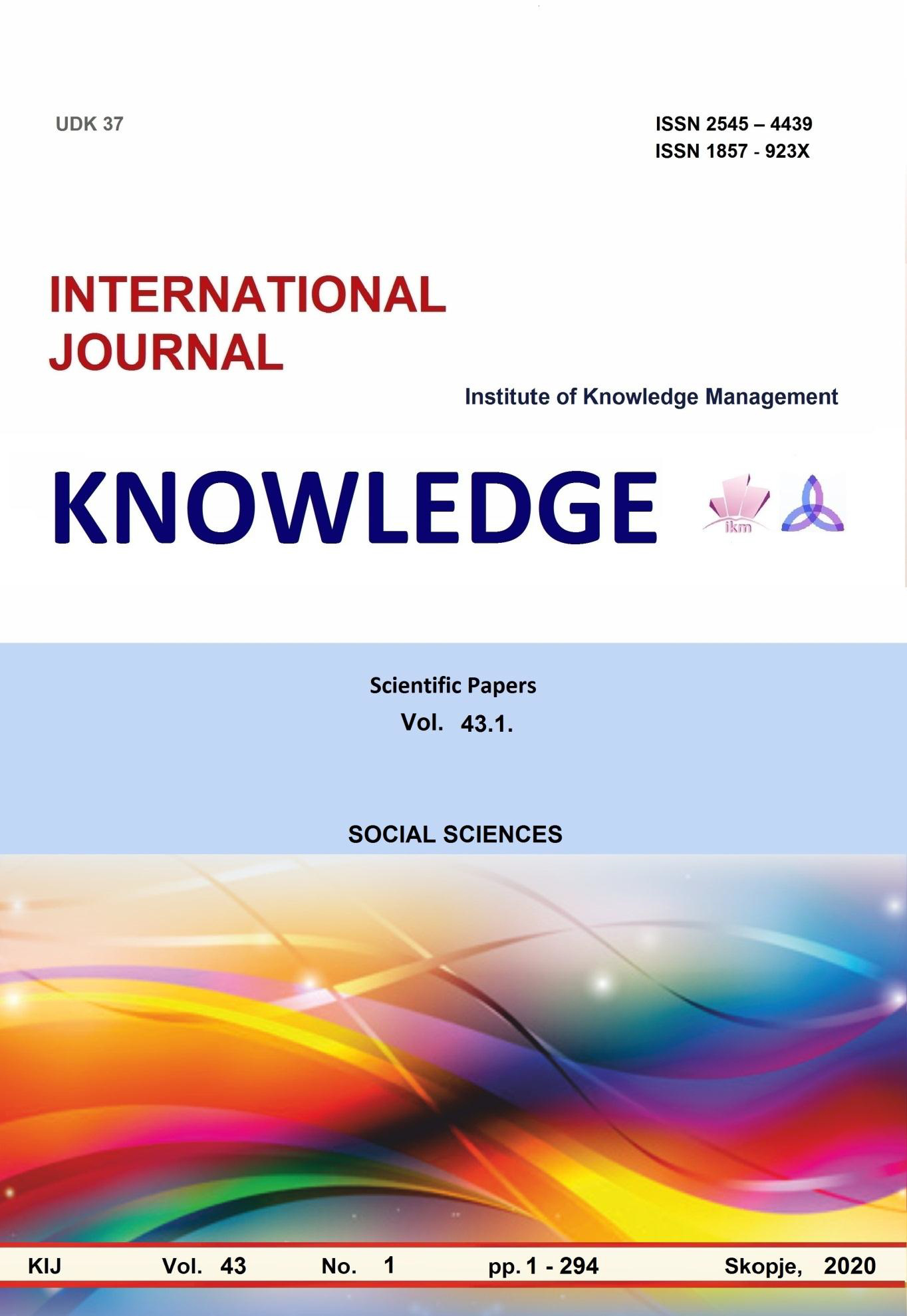THEORETICAL FOUNDATION OF THE GREAT DECOUPLING BETWEEN PRODUCTIVITY AND LABOR COMPENSATION
THEORETICAL FOUNDATION OF THE GREAT DECOUPLING BETWEEN PRODUCTIVITY AND LABOR COMPENSATION
Author(s): Borce Trenovski, Kristijan KozeskiSubject(s): Social Sciences
Published by: Scientific Institute of Management and Knowledge
Keywords: great decoupling; labor market; productivity;compensation;
Summary/Abstract: The dynamic increase in labor productivity has led to a complete distortion of the equilibrium in the distribution of national income between the factors of production - labor and capital. The postulates of the classical economic thought that the increase of labor productivity provides a solid base and automatically leads to an increase of labor compensation, in the last 3 decades do not correspond to the empirical trends. In most countries of the world, the increase in workers' compensation significantly lags behind the increase in labor productivity, which contributes to the "fruits" of the intense increase in labor productivity becoming more difficult to access for the average worker. In most countries of the world, although the increase in labor productivity contributes to increasing the economic "cake", fewer workers participate in its distribution. The theoretical postulates that the relationship between labor productivity growth and workers' compensation growth is one-to-one relation that is the subject of analysis and debate among economists around the world. The analysis of the theoretical arguments and postulates, but also the empirical confirmation of the existence of great decoupling between productivity and labor compensation will be the main focus of this paper. Namely, the widespread trend of separation of workers 'incomes from the increase of labor productivity, is increasingly gaining strength and leads to a significant separation of productivity from workers' compensation, in almost all developed economies. Some of the theoretical aspects that will be analyzed focus on the factors that influence the intensification of labor productivity growth such as technological progress, structural factors, and institutional factors. Furthermore, the paper will describe the main trends in labor productivity and workers' compensation, following the example of Europe and the United States. The results of this paper will provide a summary of the theoretical foundations and key empirical results associated with the existence of a growing trend of great decoupling.
Journal: Knowledge - International Journal
- Issue Year: 43/2020
- Issue No: 1
- Page Range: 67 - 73
- Page Count: 7
- Language: English

